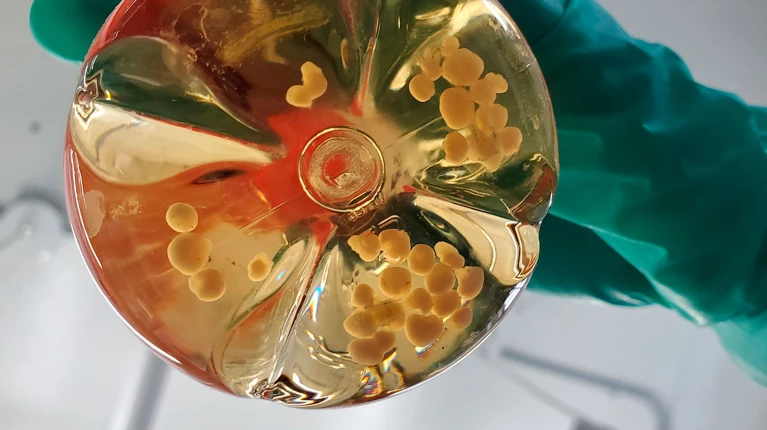Scientists have successfully grown miniature human hearts, lungs, livers, and guts in the lab that can now generate their own blood vessels, marking a groundbreaking leap in organoid technology.
These vascularized organoids represent some of the most advanced and lifelike 3D tissue models ever created, offering unprecedented tools for studying human development, disease progression, and drug testing. The findings were reported by researchers including Dr. Ryuji Morizane, a nephrologist and stem-cell biologist at Massachusetts General Hospital.
“Vascularization of organoids is a hot topic,” Morizane said, emphasizing the significance of replicating blood flow in lab-grown tissues. Until now, most organoids lacked functional vasculature, limiting their size, maturation, and physiological accuracy.
This new generation of organoids can now better mimic real organs by enabling the transport of oxygen, nutrients, and waste, critical for simulating complex functions like kidney filtration or lung gas exchange. These models could transform how researchers test medications or study birth defects and degenerative diseases—without needing live animal or human trials in early phases.
Scientists hope that with continued refinement, vascularized organoids may one day serve as platforms for personalized medicine, or even form the basis of bioengineered transplant tissues in the future.




0 Comments